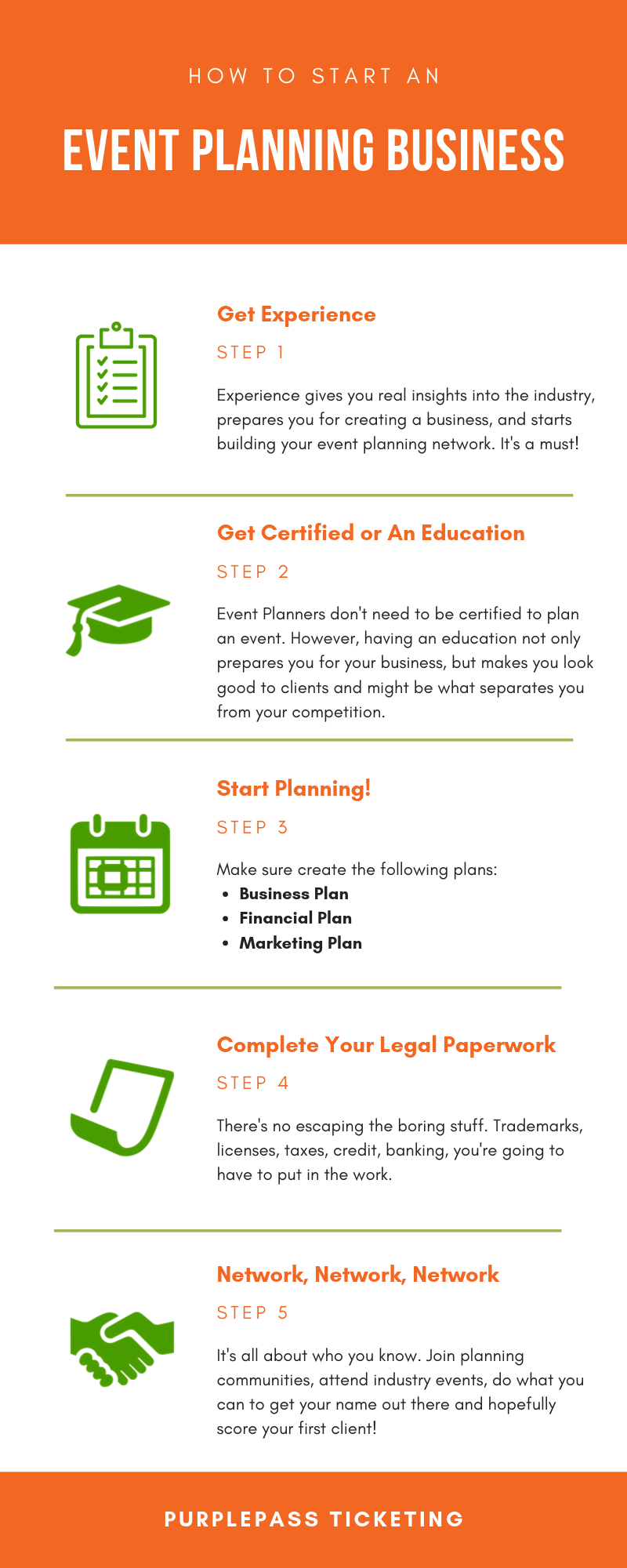
Entry level is used in the job market to denote low-level jobs. These jobs do not require much experience, and are usually aimed at college graduates. Many entry-level jobs require part-time work and don't offer any employee benefits. Some entry-level jobs aren't necessarily low-level and don't require any experience.
Entry-level positions are low-level
Entry-level jobs can be low-skilled or low-paying. Many of these jobs require no previous professional experience, but a bachelor's degree may help you get a foot in the door. Entry-level jobs are typically in finance, marketing, healthcare, hospitality, and retail.
Entry-level roles have their advantages and disadvantages. Entry-level workers often have many tasks to do and are not able to think or be creative. These employees are often paid low wages and do not receive any benefits. Additionally, they may need to work for many years before they can advance in their career.

They don’t require any experience
Entry-level jobs don't require years of experience. These positions can pay very well. To get these jobs, you don't necessarily need to have a college degree. However, it is important that you do your research before applying. If you do your research, you will be able to determine if the job is right. Otherwise, you may not get the opportunity to move up to a more advanced position.
Entry-level requirements can vary from one company to the next. Some companies require high school diplomas, while others may require an associate's or college degree. A certain programming language may be required for some jobs. HTML, CSS or Javascript are the most commonly used languages.
They are targeted at college students
The good news is that recent college graduates have a hot job market. According to the National Association of Colleges and Employers the college market for hiring is expected to increase by 31.6 percent between 2022 and 2022. NPR reports that the college senior market is "booming" and students are accepting job opportunities months before graduation.
These recently graduated workers are seeking employment in many different fields. Whether you are fresh out of college or have years of experience, there are a lot of entry level jobs available. Start by applying for customer service positions or software engineers. You may also be able to land a job in finance.

These positions require one to three years' work experience
Entry-level positions often require one to three year of work experience. Hiring managers can use this practice to filter out applicants with less experience by requiring that they have a certain amount of years of work experience. Many job seekers fear that these requirements will limit the number of qualified applicants. These requirements are why many people avoid certain job applications.
Before you apply for an entry-level job, do your research about the company that is hiring and the experience needed for the position. Ask around in your network. They might know of people who have worked for the company, or they may be able to introduce you with professionals in your field. It is also useful to know the salary range for any given position. Your salary expectations will allow you to negotiate more effectively with potential employers.